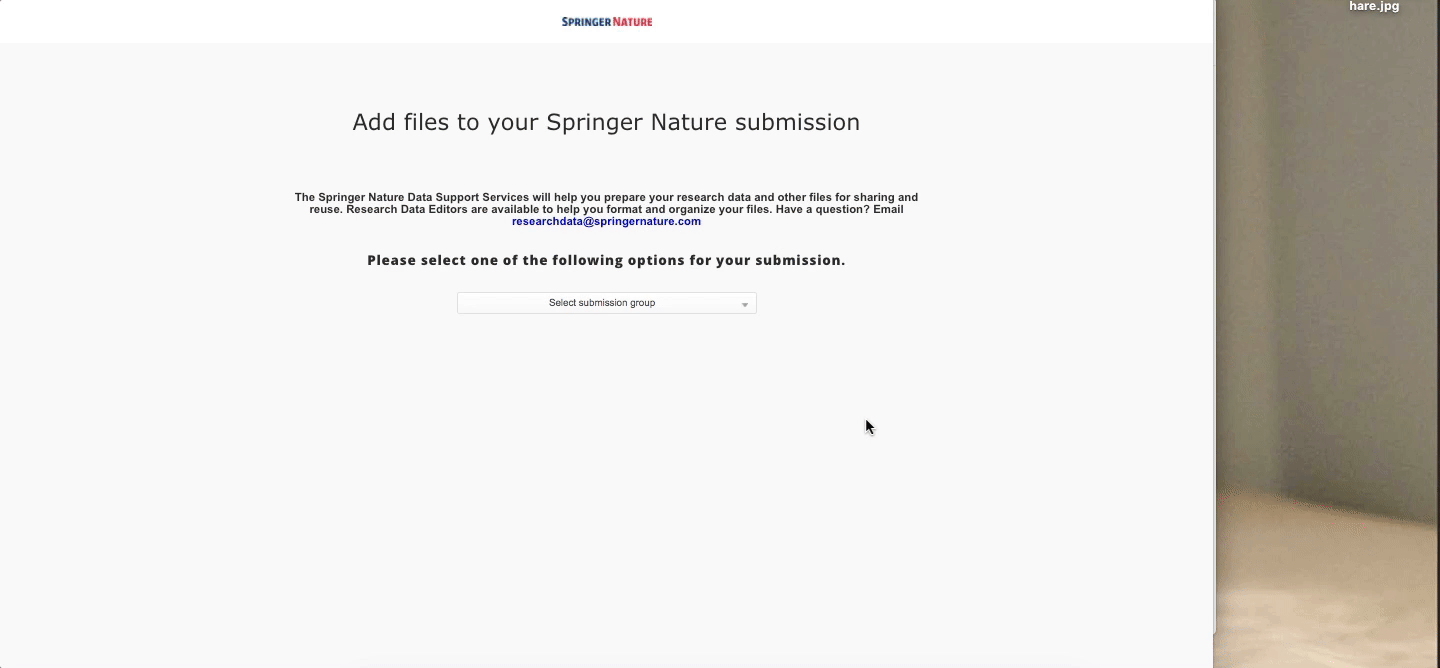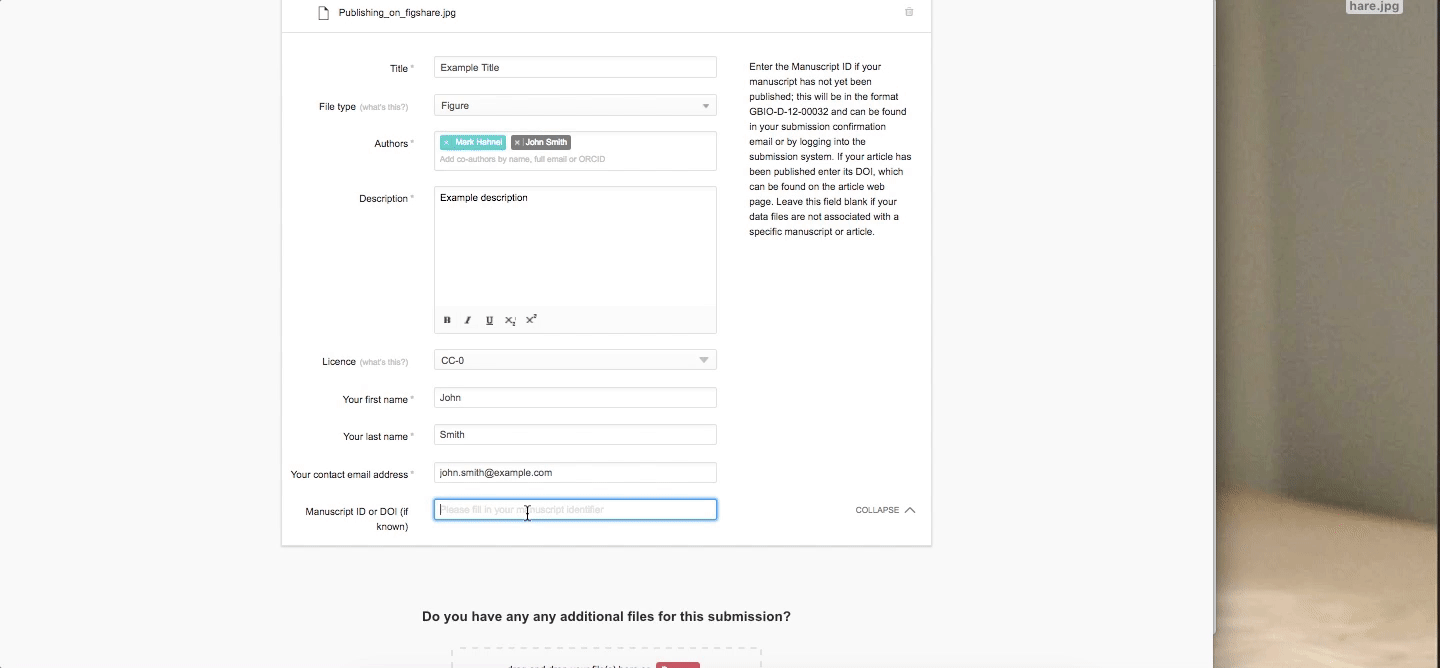Researchers tell us they are motivated to share data to progress research, to receive more credit and visibility for their work and to comply with funder policies. But researchers also tell us that they sometimes lack the time, resources, or technical knowledge of where or how to share research data. Publishers have an important role in increasing these motivations, and overcoming these barriers, to make research data more accessible.
To enable Springer Nature authors and journals to follow good practice in sharing and archiving of research data, we’re developing a range of Data Support Services and from today are piloting an optional data deposition and curation service.
This service builds on our Research Data Support helpdesk, launched in July 2016, and will further help authors comply with funder policies, prepare their data for deposition in a repository and enhance their peer-reviewed publications. The service provides secure and private submission of data files, data curation and publisher-managed release of datasets. Authors will make their data openly available, under either a Creative Commons attribution license (CC BY) or the CC0 public domain waiver. The service is run by professional Research Data Editors and provided by Springer Nature in partnership with figshare.
The Data Support Service is being initially piloted as an offering to authors submitting manuscripts to six BMC journals: BMC Biology, BMC Research Notes, BMC Neuroscience, BMC Plant Biology, BMC Evolutionary Biology and BMC Genomics. The service will be offered free of charge during the first phase of the pilot so that we can refine it based on authors’ feedback to ensure it is valuable to them.
Use of this service is optional and authors are free to deposit data themselves in any relevant repository independently of this service. The service begins with an enquiry tool to help researchers decide whether they would benefit from the service. If the service is not relevant to them, advice is provided about alternatives, for example if a community specific or gated repository is more appropriate.
For about half of researchers, who do not have a discipline specific data repository, the service can provide an easier, more integrated option for sharing data in a repository linked to their research articles. The service is intended for data files that are too large or not appropriate to be uploaded as supplementary materials (additional files), since at BMC and SpringerOpen journals we already automatically deposit these in figshare for authors.
We’ve worked with figshare to build a customised data submission portal that reduces the amount of information authors must complete to share data supporting their publication — although we will refine and improve the portal in response to feedback during the pilot. Research Data Editors will carry out checks on the metadata and file integrity before publication, and advise authors on how best to link the files to their articles and coordinate publication of their data.
Figure 1: Upload file(s) to Data Support Services

Figure 2: Complete form and submit

We anticipate researchers who use the service will:
- More easily comply with data policies of funding agencies and institutions
- Contribute to more rapid scientific progress and increased reproducibility
- Promote citation and reuse of their data
- Save time and effort needed to deposit and curate data and link data to publications
- Enhance and increase visibility of their peer reviewed publications
- Be able to share a wider variety of their research data files in conjunction with their articles
We envisage this service also benefiting research funders and institutions, particularly those with research data policies. It will provide consistent, sustainable approaches to data sharing and linking to publications that are compatible with established research data management practices.
Examples of content enhanced with our Data Support Services are already available, linked to publications in Malaria Journal. The journal published an article collection on 25th April – World Malaria Day – about ACTWatch, which provides a comprehensive view of anti-malarial drug markets across several countries. The article collection is supported by 10 curated datasets totalling more than 1GB of data and documentation that are now discoverable and linked to their associated articles.
More information on Springer Nature Data Support Services is here. If you are interested in using our Data Support Services and are not submitting to one of our pilot journals, or have questions or feedback please contact the Research Data team.
Comments